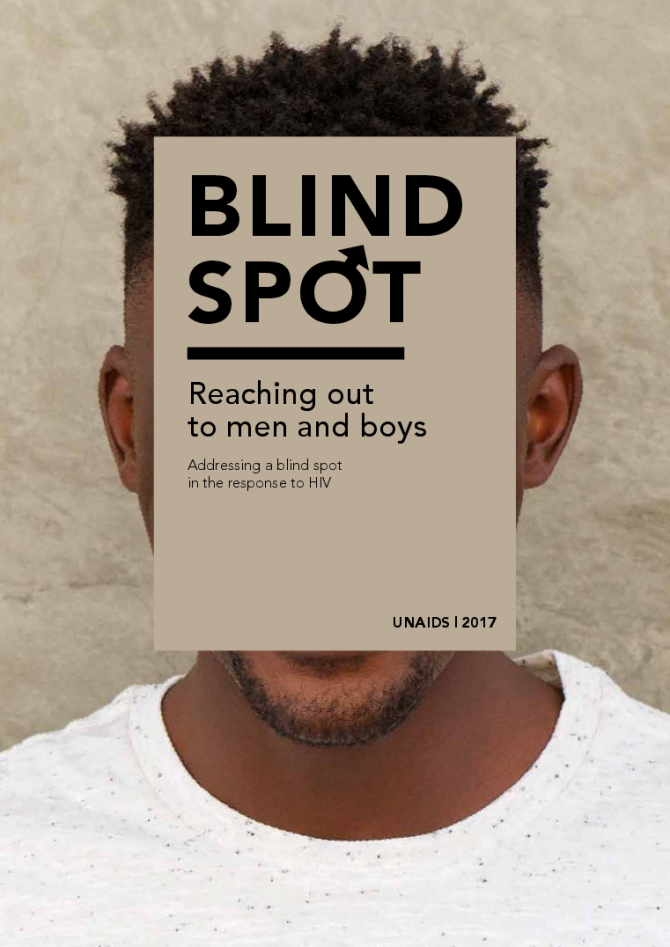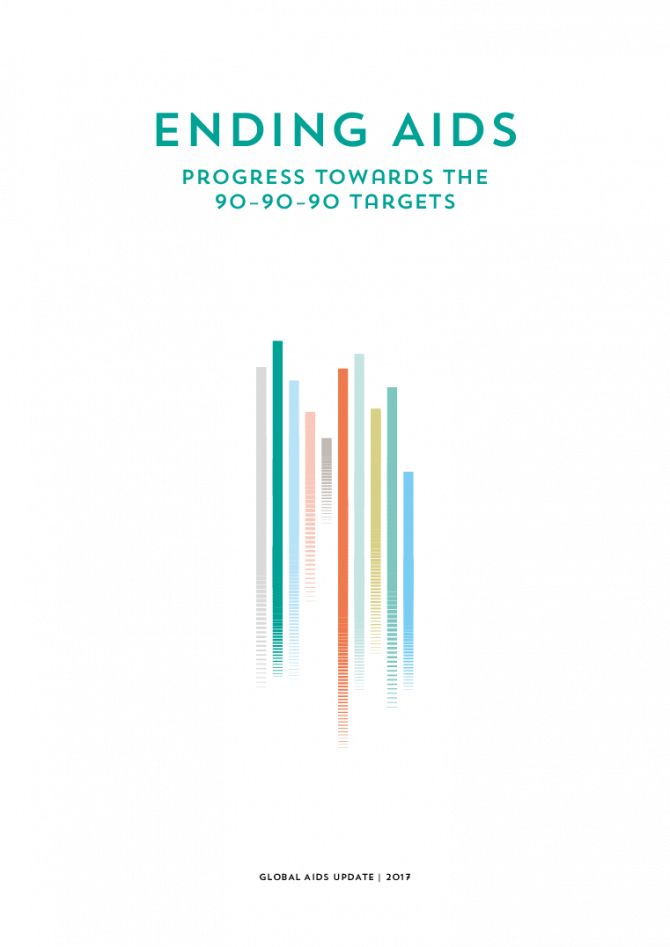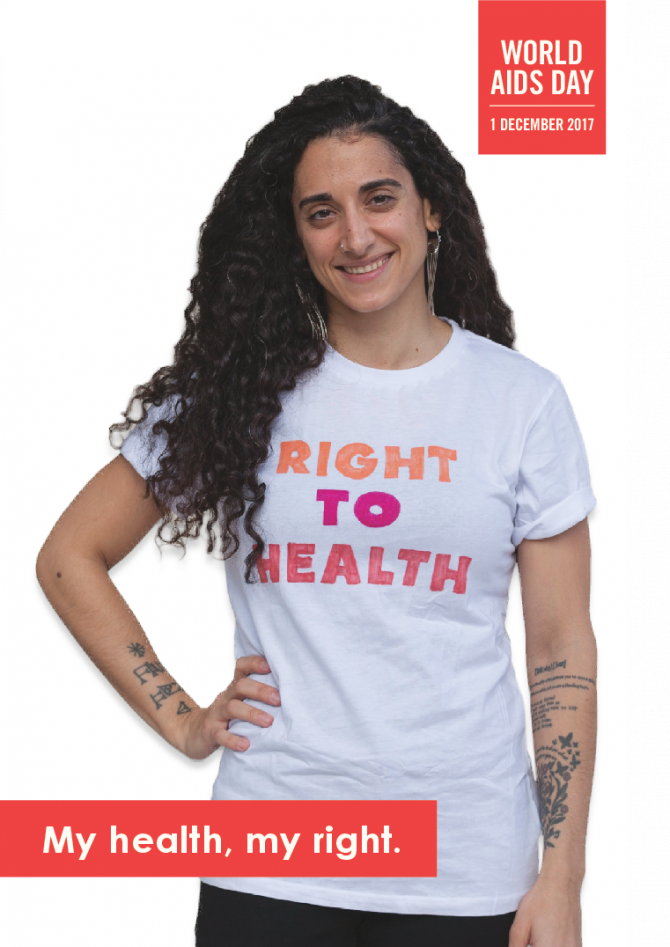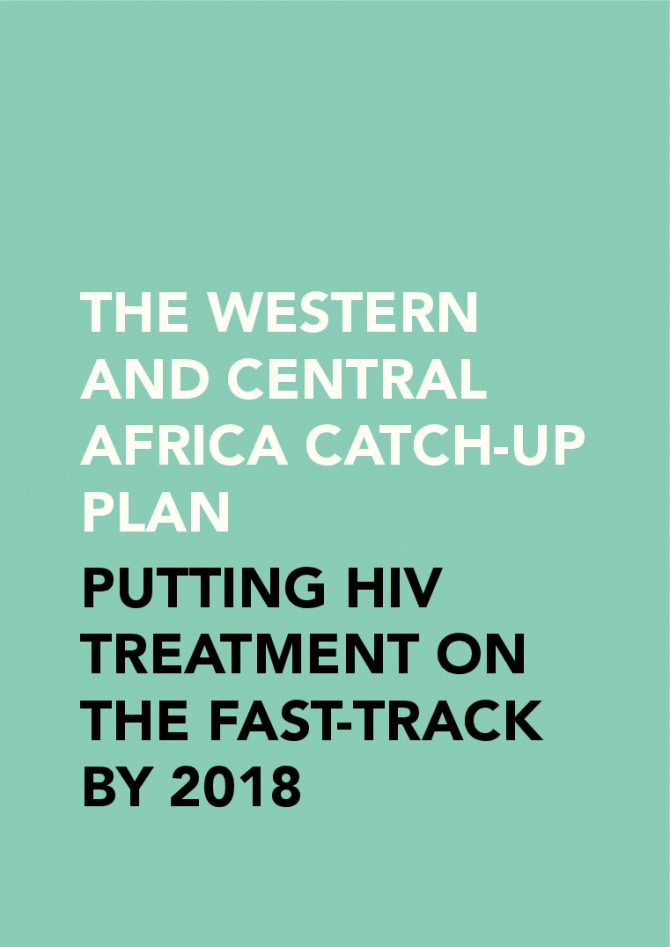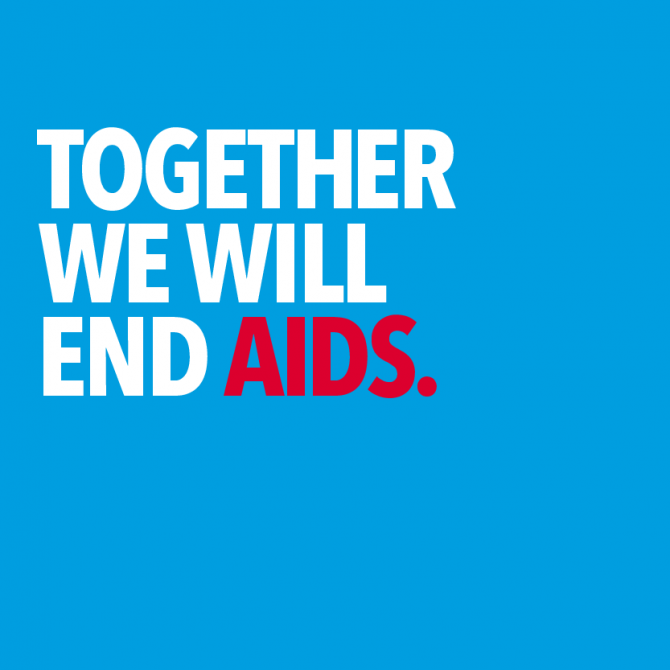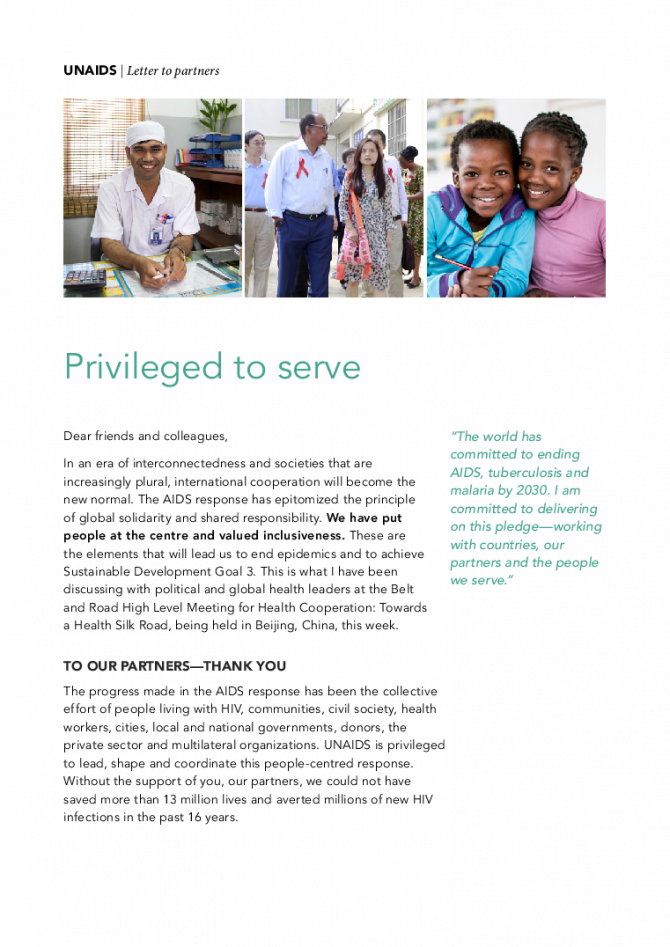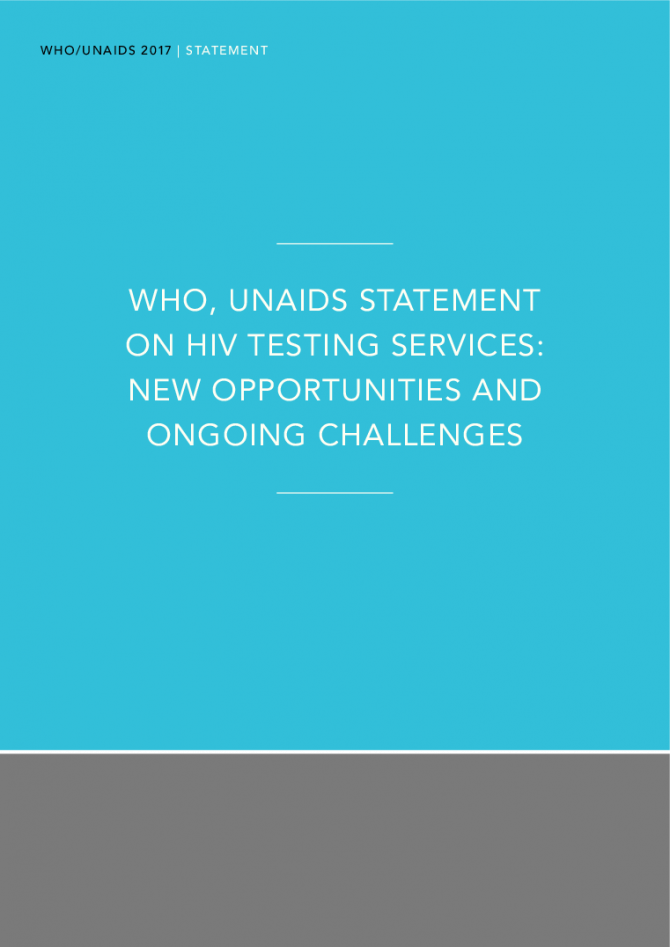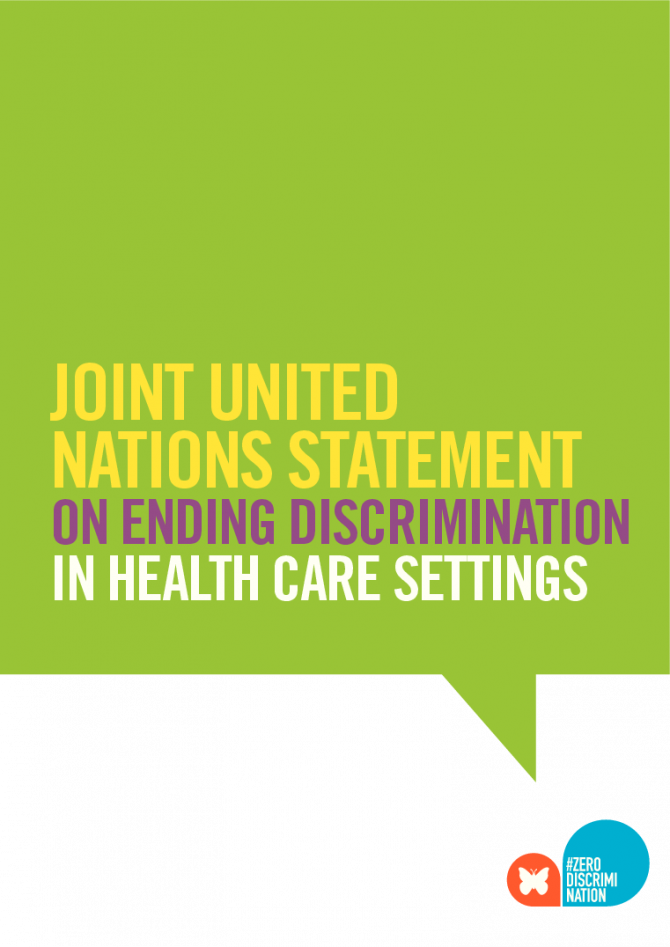Documents
Addressing a blind spot in the response to HIV — Reaching out to men and boys
30 November 2017
In a world of gender inequalities that disadvantage women and girls, publishing a report on how men are not being reached by health services and are not exercising their right to health may seem counterintuitive. It was indeed perplexing for me to learn that men were less likely than women to know their HIV status and less likely to access and adhere to HIV treatment. As a consequence, more men are likely to die of AIDS-related illnesses than women. As the world strives to reach the high levels of HIV service coverage required to end AIDS as a public health threat, this blind spot in the response to HIV can no longer be ignored.
Documents
2017 Global AIDS update - Ending AIDS: progress towards the 90–90–90 targets
20 July 2017
This report clearly demonstrates the power of the 90–90–90 targets and what can be achieved in a short time. It shows that innovations are possible at every level—from communities to research laboratories, from villages to cities. It illustrates the power of political leadership to make the impossible possible.
Documents
Right to health
20 November 2017
All people, regardless of their age, gender, place of residence, sexual orientation or other status, have one body, one life. It does not matter if someone has HIV or breast cancer, a sexually transmitted infection or diabetes—people, no matter what their health needs, require comprehensive health solutions that are accessible, available, acceptable and of good quality. States have a duty to respect, protect and fulfil the right to health of everyone. And the world has committed to Sustainable Development Goal 3, to ensure good health and well-being for all.
Documents
My health, my right — World AIDS Day, 1 December 2017
03 November 2017
The right to health is the right of everyone to the enjoyment of the highest attainable standard of physical and mental health, as enshrined in the 1966 International Covenant on Economic, Social and Cultural Rights. This includes the right of everyone, including people living with and affected by HIV, to the prevention and treatment of ill health, to make decisions about one’s own health and to be treated with respect and dignity and without discrimination.
Documents
The western and central Africa catch-up plan — Putting HIV treatment on the fast-track by 2018
23 October 2017
The western and central Africa catch-up plan is a political instrument and a compact between countries and the international community that supports countries’ strategies and plans to quickly address bottlenecks, accelerate the national responses and reach a trajectory to achieve the 90–90–90 targets by 2020. Deriving from the western and central Africa catch-up plan, the country plans are supplementing national strategies and existing plans with the aim of increasing antiretroviral treatment uptake and saving lives.
Documents
Joint United Nations statement on ending discrimination in health care settings
27 June 2017

